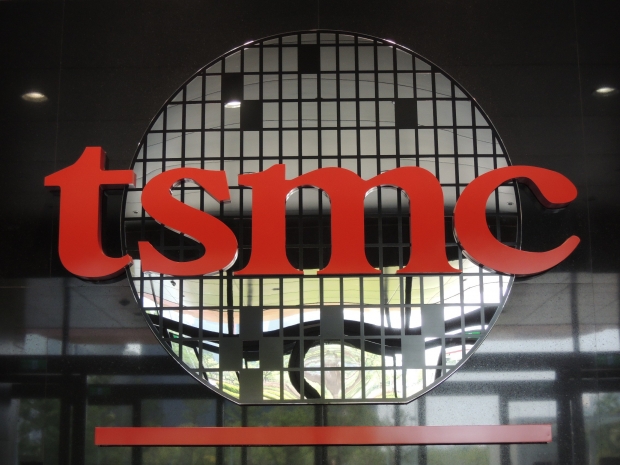According to Digitimes, the outfit has secured orders from more than 40 customers for fabricating chips on the advanced process for mobile communication, high-performance computing and AI (artificial intelligence) applications. Both Apple and Qualcomm are among TSMC's major customers, with the foundry house contracted to fabricate all the A12 processor chips for the 2018 new-generation iPhone devices.
TSMC is incorporating the extreme ultraviolet (EUV) technology into its 7nm+ process and step up deployments in the 5nm and 3nm processes.
Construction of TSMC’s Fab 18 in the Southern Taiwan Science Park in 2018 will give it a 5nm production base, and it also plans to invest $20 billion in building a 3nm fab in the park, with construction set to start in 2020.
Digitimes deep throats said that TSMC's 5nm process will be an extension of its 7nm process, with application areas still targeting mobile communication, high-performance computing, AI and machine learning. The trial run of the 5nm fab will be in the first half of next year.
Samsung is not going down without a fight. It has reached a deal with the Hwaseong city government over establishing 7nm production lines in 2018 in the Korean city; the company is actively negotiating with customers in China and the US for cooperation projects.
It spun off its wafer foundry service as an independent business unit in last May and plans to launch 4nm process in 2020 against TSMC's 5nm node, before starting volume production of a 7nm process in 2018, developing 6nm, and 5nm processes in 2019, according to industry sources.
Samsung wanted a quarter of the global foundry market in five years, up from less than 10 percent and compared to around TSMC’s 60 percent.
TSMC might outpace Samsung on 7nm
Secured orders from 40 big customers
TSMC is set to take Samsung to the cleaners this year in the race to 7nm process volume production.




